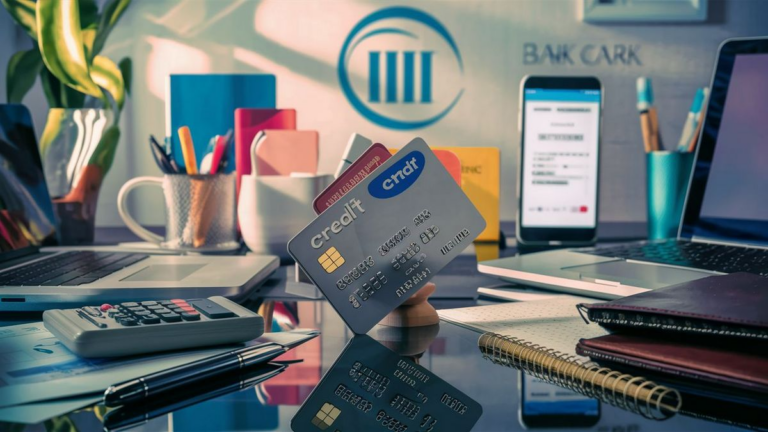When it comes to managing finances, understanding the ins and outs of your credit card statement is crucial. Among the various figures and terms presented, the “current balance” stands out as a significant indicator of your financial standing with the credit card issuer.
What is the Current Balance?
The current balance on your credit card refers to the total amount you owe to the credit card company at a specific point in time. This balance includes all charges, purchases, fees, and interest accrued up to that moment, minus any payments or credits applied to your account.
Components of the Current Balance
Several factors contribute to your current balance:
- Purchases: Any transactions you’ve made using your credit card since the last statement.
- Interest: If you carry a balance from month to month, interest charges will accrue on the outstanding amount.
- Fees: Additional charges such as annual fees, late payment fees, or cash advance fees.
- Payments: Any amount you’ve paid towards reducing your balance since the last statement.
Why It’s Important
Understanding your current balance is essential for several reasons:
- Budgeting: It helps you plan your finances by knowing how much you owe.
- Payment Management: Allows you to make timely payments to avoid late fees and interest charges.
- Credit Score: Your current balance affects your credit utilization ratio, a significant factor in determining your credit score.
How to Interpret It
Interpreting your current balance involves considering various aspects:
- Comparison with Previous Balances: Analyze how your current balance compares to previous statements to track your spending habits and debt repayment progress.
- Minimum Payment: Understand the minimum amount due, which is typically a fraction of your current balance. Paying only the minimum can result in long-term debt and higher interest charges.
- Available Credit: Your current balance affects the amount of credit available to you. Keeping a low balance relative to your credit limit is generally beneficial for your credit score.
Managing Your Current Balance
To manage your current balance effectively:
- Pay On Time: Make payments on time to avoid late fees and minimize interest charges.
- Pay More Than the Minimum: Whenever possible, pay more than the minimum amount due to reduce your balance faster and save on interest.
- Monitor Spending: Keep track of your purchases and avoid unnecessary expenses to prevent your balance from escalating.
The current balance on your credit card serves as a snapshot of your financial liabilities at a given moment. By understanding its components and implications, you can effectively manage your finances, avoid unnecessary debt, and work towards a healthier financial future.
Frequently Asked Questions
Here are some common queries related to credit card balances:
| Question | Answer |
|---|---|
| 1. What should I do if my current balance is too high? | If your current balance is high, consider reviewing your expenses and creating a budget to prioritize payments and reduce debt. Additionally, you might explore balance transfer options or contact your credit card issuer to discuss repayment plans. |
| 2. Can paying off my current balance improve my credit score? | Paying off your current balance can positively impact your credit score, especially by reducing your credit utilization ratio. However, other factors also influence your credit score, so maintaining responsible credit habits is essential. |
| 3. Is it better to pay off my entire current balance or carry a small balance? | It’s generally beneficial to pay off your entire current balance to avoid interest charges and minimize debt. Carrying a small balance doesn’t necessarily improve your credit score and can lead to unnecessary interest expenses. |
Additional Tips for Managing Your Current Balance
Here are a few more strategies to help you effectively manage your credit card balance:
- Utilize Balance Transfer Offers: Explore balance transfer offers with lower interest rates to consolidate debt and reduce interest expenses.
- Review Your Statements Regularly: Stay informed about your spending habits and any changes in your balance by regularly reviewing your credit card statements.
- Set Payment Reminders: Use payment reminders or automatic payments to ensure you never miss a due date and incur late fees.
See also:






